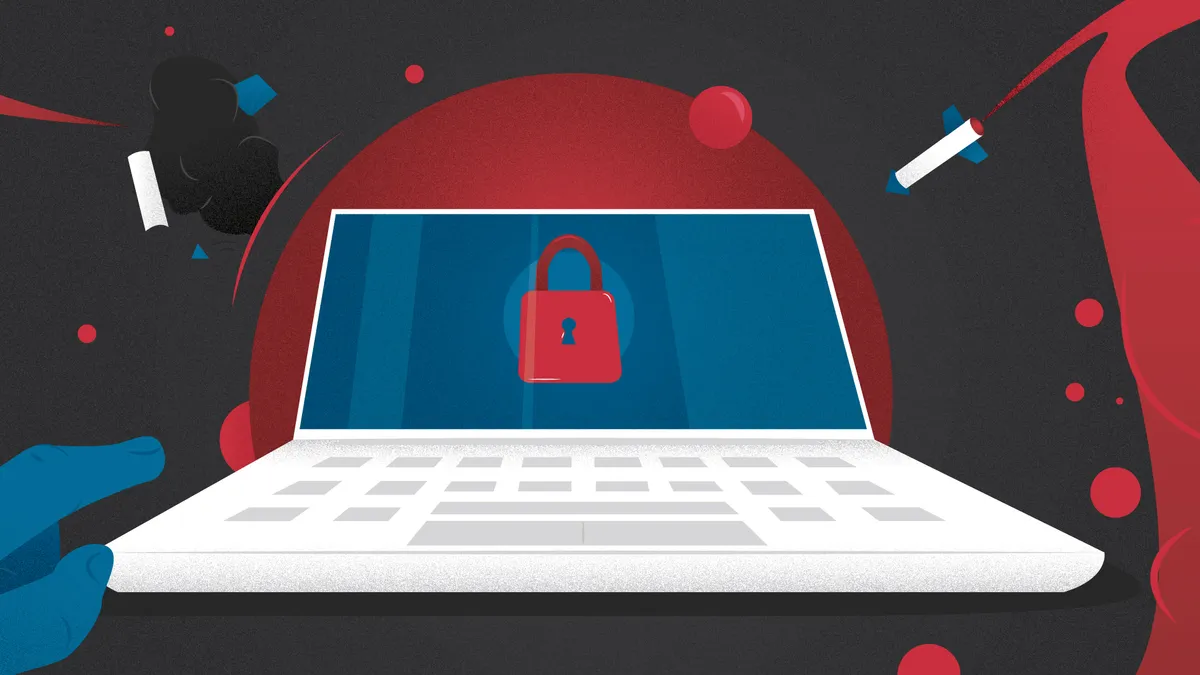UPDATED: Jan. 21, 2020: New Orleans Mayor LaToya Cantrell confirmed last week that the city has spent more than $7.2 million in costs to recover from the December cyberattack on the city, according to Fox News and other outlets. The city's cybersecurity insurance is expected to cover approximately $3 million of the total costs, which will likely continue to climb.
Officials said it could take up to eight months for the city to fully restore computer systems, such as vendor payment systems and email accessibility. Nola.com reports public email accounts are still disabled for two-thirds of employees.
The city also faced another ransomware attack last week that targeted the computer networks at the New Orleans Ernest N. Morial Convention Center. Officials said the attack did not officially compromise any data or operations.
UPDATED: Dec. 20, 2019: New Orleans Mayor LaToya Cantrell said at a press conference Thursday the city has incurred nearly $1 million in costs since the cyberattack last week.
Cantrell said the city bought cybersecurity insurance in late 2018, which is expected to cover those costs, while leaders said they are still hopeful of recovering data that was lost. City officials said at the press conference they have still not received any ransom demands from the hackers, and that they have launched a forensic investigation.
Dive Brief:
- The City of New Orleans declared a state of emergency after an attempted cyberattack Friday, though officials said the city is already in recovery mode and that any data loss was "very minimal."
- The city saw suspicious activity on its networks around 5 a.m. ET. It quickly shut down its computers and servers, then declared a state of emergency before opening an investigation alongside federal and state authorities. The source of the cyberattack is still unknown.
- At a press conference Saturday, New Orleans Mayor LaToya Cantrell said the city is now in "recovery mode" and there is no evidence of personal data loss. She said that around 4,000 computers need recovering, as well as 400 servers, comprising around 7,000 terabytes of data. In a tweet Sunday, Cantrell said city services will be "impacted in various ways" as IT works to restore normality.
A declaration of a state of emergency has been filed with the Civil District Court in connection with today’s cyber security event. pic.twitter.com/OQXDGv7JS4
— The City Of New Orleans (@CityOfNOLA) December 13, 2019
Dive Insight:
Cyberattacks are becoming increasingly common in governments at all levels, but they can be especially impactful in cities with aging IT infrastructure and less security safeguards in place.
Last year, Atlanta suffered a cyberattack that left its systems crippled for weeks and forced city staff to carry out tasks on paper until it recovered. At the Smart Cities New York conference last year, Atlanta Mayor Keisha Lance Bottoms said cybersecurity was "not a topic of conversation" among residents initially, but the attack changed that.
Elsewhere, cities as large as Baltimore and as small as Riviera Beach, FL have been victims of the cyberattack trend, which resulted in more than $45 billion in losses from an estimated 2 million attacks in 2018, according to The Internet Society's Online Trust Alliance.
In the case of ransomware attacks, some cities have been tempted to pay hackers while even more cities have refused. The City of Johannesburg was one that refused to pay, with security consultants saying that meeting such demands sets a bad precedent and can embolden hackers in the future.
That trend has taken hold in the U.S., too. In July, more than 225 mayors signed onto a U.S. Conference of Mayors resolution to not pay ransom, saying the group has a "vested interest in de-incentivizing" future attacks.
Budgets can be tight for avenues like cybersecurity, but there is movement in Congress to help. A bill introduced in April would create a grant program in the Department of Homeland Security (DHS) to help states develop and implement cyber resilience measures in response to the growing threat of cyberattacks.
As the recovery process continues for New Orleans, Cantrell said it's a priority to build back stronger. And as attacks get more sophisticated, it will be imperative for other cities to do the same.












